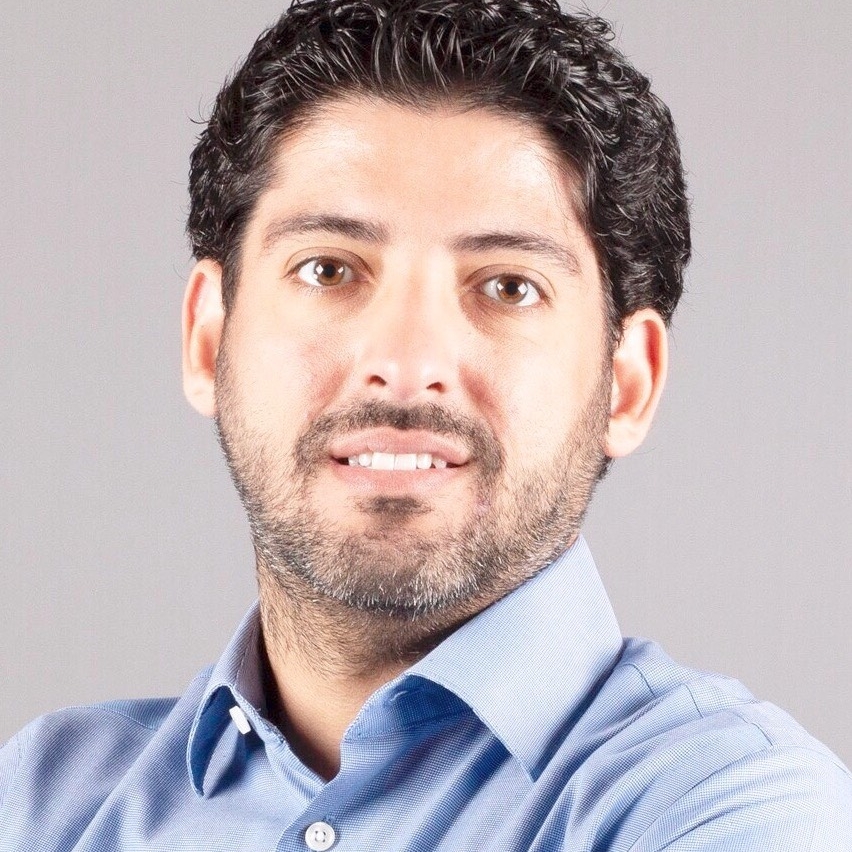Summer 2020: Ali Mehrizi-Sani

Ali Mehrizi-Sani
Associate Professor
The Bradley Department of Electrical and Computer Engineering
PhD, Electrical Engineering, University of Toronto
MS, Electrical Engineering, University of Manitoba
BS, Electrical Engineering, Sharif University of Technology
BS, Petroleum Engineering, Sharif University of Technology
Email mehrizi@vt.edu
How do you see your work contributing to the goals and vision of IIHCC?
The power system is a critical infrastructure. Many, if not all, aspects of modern life require electrical energy to operate; some examples are manufacturing (think lighting and automatic welding machines), transportation (think pumps and the subway system), and education (think AV technology and online lectures we all are doing during the COVID-19 pandemic). Therefore, my work’s goal on making the power system more resilient, reliable, secure, efficient, and sustainable directly relates to the IIHCC’s vision to further the infrastructure related to energy, health, and environment for the betterment of the life of people. I specifically contribute to achieving these goals through making the power system more flexible through integration of inverter-based renewables and making it more secure through implementation of cybersecurity measures.
What other areas outside of your discipline would you entertain for future research and proposal work?
The power system is the largest man-made machine and an extremely ubiquitous technology. As a cyber-physical system, the power system, produces large volumes of data by devices such as phasor measurement units (PMU; invented at Virginia Tech in 1980s) and smart inverters utilized for renewables. These data are collected via an expansive communication network. 5G is the new generation of communication networks, which can enable several applications for the power system that are yet unexplored because of the speed, reliability, and latency limitations of the existing technology. Ensuring timely delivery of data brings about the concept of information freshness—a measure of the age (and hence, relevance and confidence) of the information. Studying the impact of information freshness (called age of information or AoI), especially within the context of 5G communication networks, on the power grid is an area of research I am interested in exploring. Another example work is improving the quality of life for people impacted by disasters by providing reliable renewables-based (solar photovoltaics) electricity in structurally flexible shelters, which will also use electrical energy to adaptively respond to the psychological needs of the occupants. The core idea is not limited to emergency shelters and can also be used as a permanent housing solution with smart features. Ultimately, our goal will again be to improve mental health and wellbeing of the people, within the context of smart cities and communities and while being cognizant of their technology acceptance.


